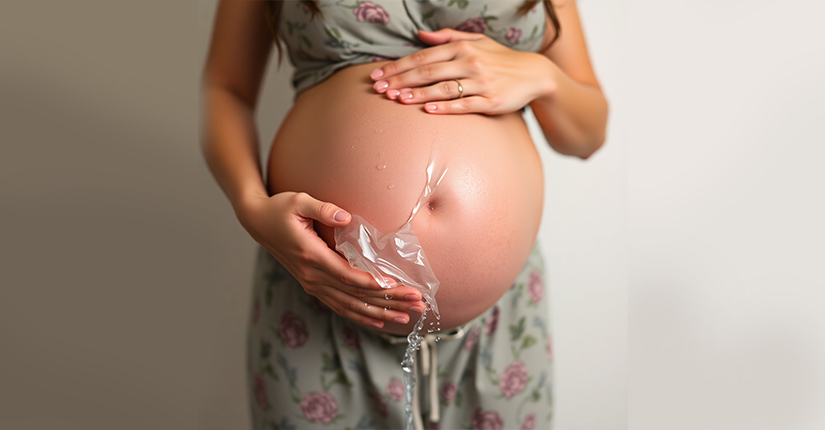- Clinic:
- 0733 945 717
- 0739 434 212

Caring for our senior citizens
February 7, 2025
Dealing with dissatisfaction in healthcare
February 12, 2025When your waters break too early in pregnancy

Your unborn baby is usually surrounded by fluid, commonly known as ‘waters’. The waters are contained in a sac medically called membranes. Normally, the waters break shortly before or during labor. If this happens at less than 37 weeks of pregnancy before labor ensues, it is referred to as preterm premature rupture of membranes. Two out of every 100 pregnant women experience premature breakage of their waters.
You should suspect that your waters have gone if you notice a sudden gush of fluid through the vagina. Sometimes the amount of fluid may just be a trickle, making you feel dump. The water tends to be clear or pinkish, but sometimes may be blood-stained or greenish.Leakage of urine is common in pregnancy, and may be confused with breaking of the waters. But if in doubt, it’s best to assume that the waters are leaking.
If your waters are leaking, wear a pad and not a tampon. Immediately contact your pregnancy care team and go for a check-up. This involves assessing the status of the baby and doing an examination to confirm the leakage. Additional tests will be done to exclude infection, and an ultrasound scan to further assess the baby and quantify the amount of fluid left.
If leakage of the waters is excluded, nothing further needs to be done. But you will be advised to keep a close watch on further signs of leakage. If your waters have broken, you may be advised to stay in the hospital for about 24 to 48 hours for further monitoring. You will also be given antibiotics to prevent infection setting in. Depending on the duration of the pregnancy, you may also be given injections to aid the baby’s survival if born too early. Sometimes you may also require some medications to stop contractions and delay the onset of labor.
Majority of women with premature leakage of waters can be allowed to go home and be monitored as out-patients. You will be asked to check your temperature frequently, assess the color of the fluid and avoid vaginal intercourse. You should return to hospital immediately if you develop a fever, the fluid turns bloody or greenish, you start experiencing pains or contractions, or if the baby stops being active. If everything remains stable, you’ll be given appointments for regular check-ups.
Most women will spontaneously go into labor within the first week after the waters have gone. If well before 34 weeks, it is desirable to prolong the pregnancy closer to between 34 and 37 weeks. This is because babies born too prematurely have many problems with breathing, feeding and infection. But in some situations, especially if infection sets in, delivery must be expedited to prevent more serious infection occurring in you and your unborn baby.
Take a fertility test today
